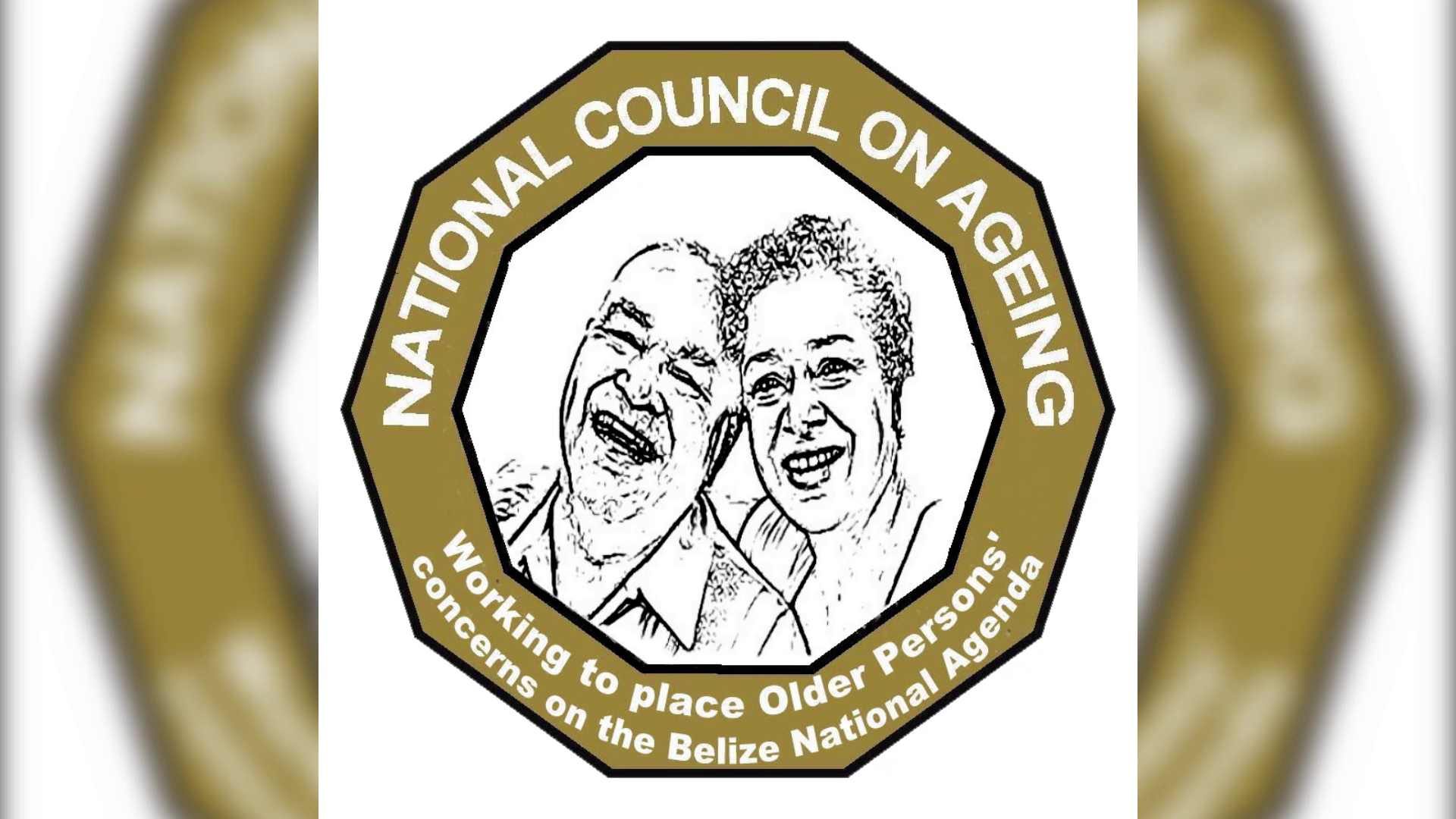Doralyn Sabal, Program Officer, National Council on Aging
“Usually elder abuse is done by somebody close to that older person, whether it’s their child, grandchild, or perhaps the caregiver. And so we typically try to encourage whether it’s family caregivers or paid caregivers to assess their situation acknowledge when you’re feeling burnt out and we encourage families to also be in tune so that when that person is feeling a bit of burnout they can encourage them to take a deep breath, relax a bit and so that they can get back fresh and revitalized to go back and help that older person. Because it can be challenging. Sometimes older persons sometimes have underlying conditions. They might suffer from dementia. So things of this sort. We have to ensure that they’re taking care of themselves in order to take care of somebody else.”
Britney Gordon
“And what’s the mandate on ensuring that these elderly people aren’t left alone in situations where maybe their Children don’t live with them? How do we navigate ensuring that they are adequately cared for in those situations?”
Doralyn Sabal
“There’s currently no mandate in place to say that you have to be there for that older persons. But what I can see is that the consulate currently hasn’t dropped our welfare and protection bill for older persons. And these are things that we are trying to tackle because we can see that there are some gaps in terms of services for older persons protection for older persons, and measures that can be put in place to ensure that they are well predicted. So there’s nothing. In place, but we’re working on trying to ensure that our older persons are aging with dignity and integrity.”
